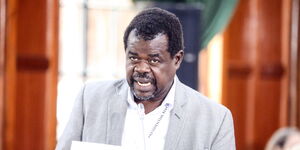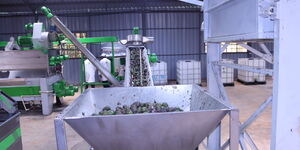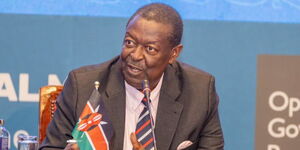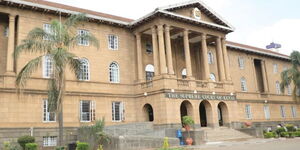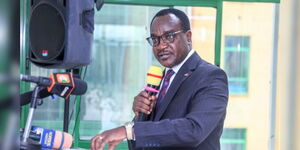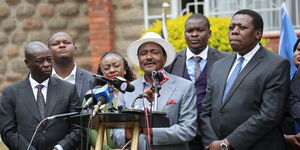The latest report by Auditor General Nancy Gathungu has unearthed an exposé carried out under former President Uhuru Kenyatta's regime where Ksh34 billion vanished in 15 months leading to the August 9, 2022, General Election as a result of the fuel subsidy programme.
In a special audit tabled in Parliament and covering the period April 1, 2021, to June 30, 2022, Gathungu noted that the Ksh34 billion spent could have been used in other departments or sectors including in the Ministry of Education to build 17,000 classrooms or the construction of 6,800 fully equipped classrooms.
While uncovering the Ksh34 billion spent, Gathungu noted that the amount, which was aimed at cushioning Kenyans from the high fuel prices, could have ended up in the hands of a few individuals.
While breaking down the data, Gathungu stated that Ksh554 million was overpaid to 11 oil marketing companies (OMCs).
Other suspicious transactions involved the irregular utilisation of Ksh22 billion from the Petroleum Development Levy Fund (PDLF) and irregular advance sales prices amounting to Ksh5 billion.
Administrative costs, according to the report, amounted to Ksh2.21 billion.
The Treasury Cabinet Secretary at the time was accused of misappropriation over the PDLF whereby the funds were meant to be used in the development of facilities for either the distribution or testing of oil products.
According to the report, Ksh18.14 billion was transferred from the National Treasury to fund various road projects.
"Utilisation of the PDLF to fund road construction projects and transfers to the Ministry of Energy was in violation of the PDLF Act, the Petroleum Development Levy Order of 2020 and the PFM (Public Finance Management) Act,” the audit report stated.
In addition, the funds released for advance payments had no legal framework and hence lacked evidence of the recovery of the advance payment.
There is no documented compensation mechanism in place to ascertain the specific components of petroleum products that should be stabilised and the respective amounts to be paid to the OMCs," read part of the report.

